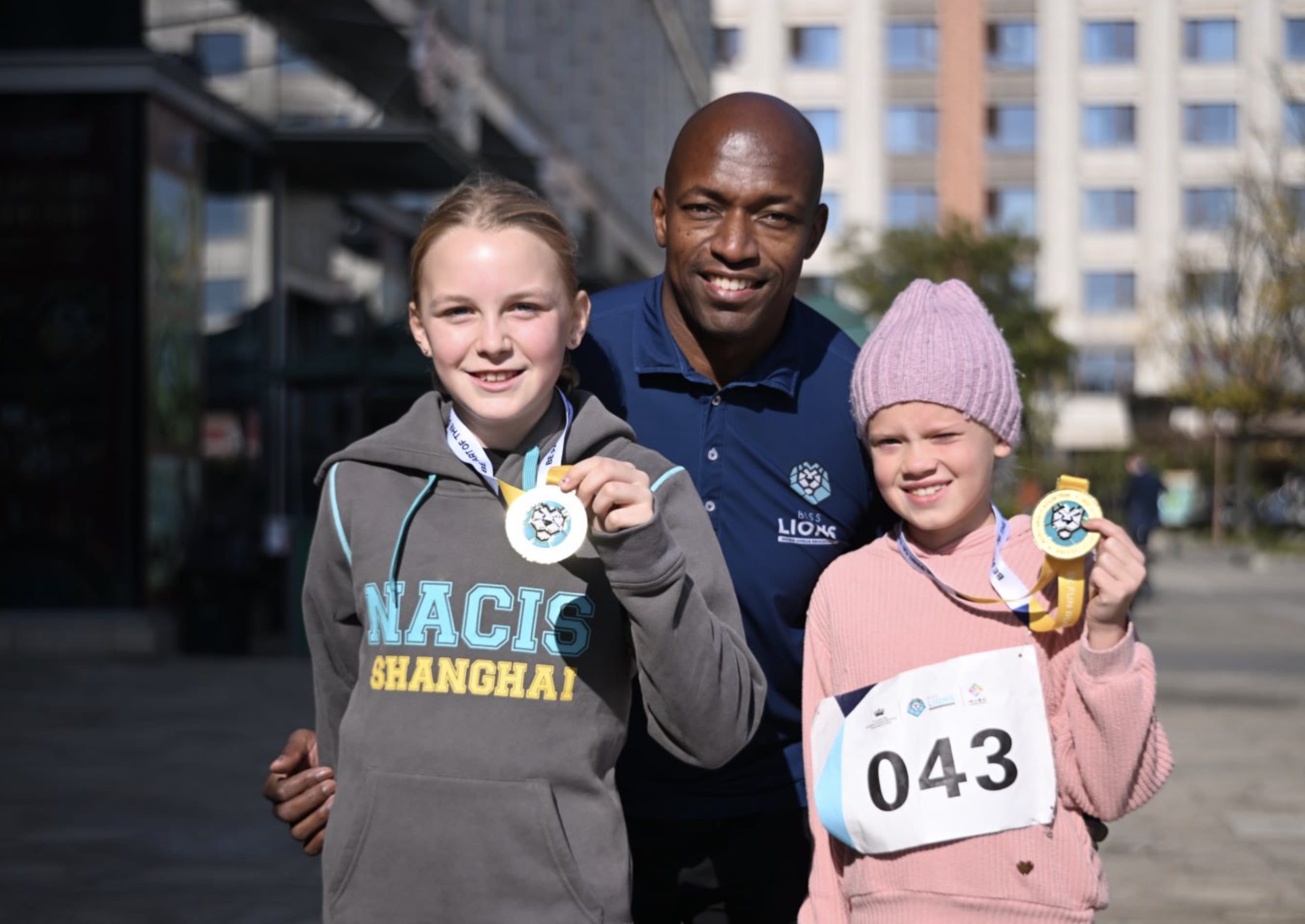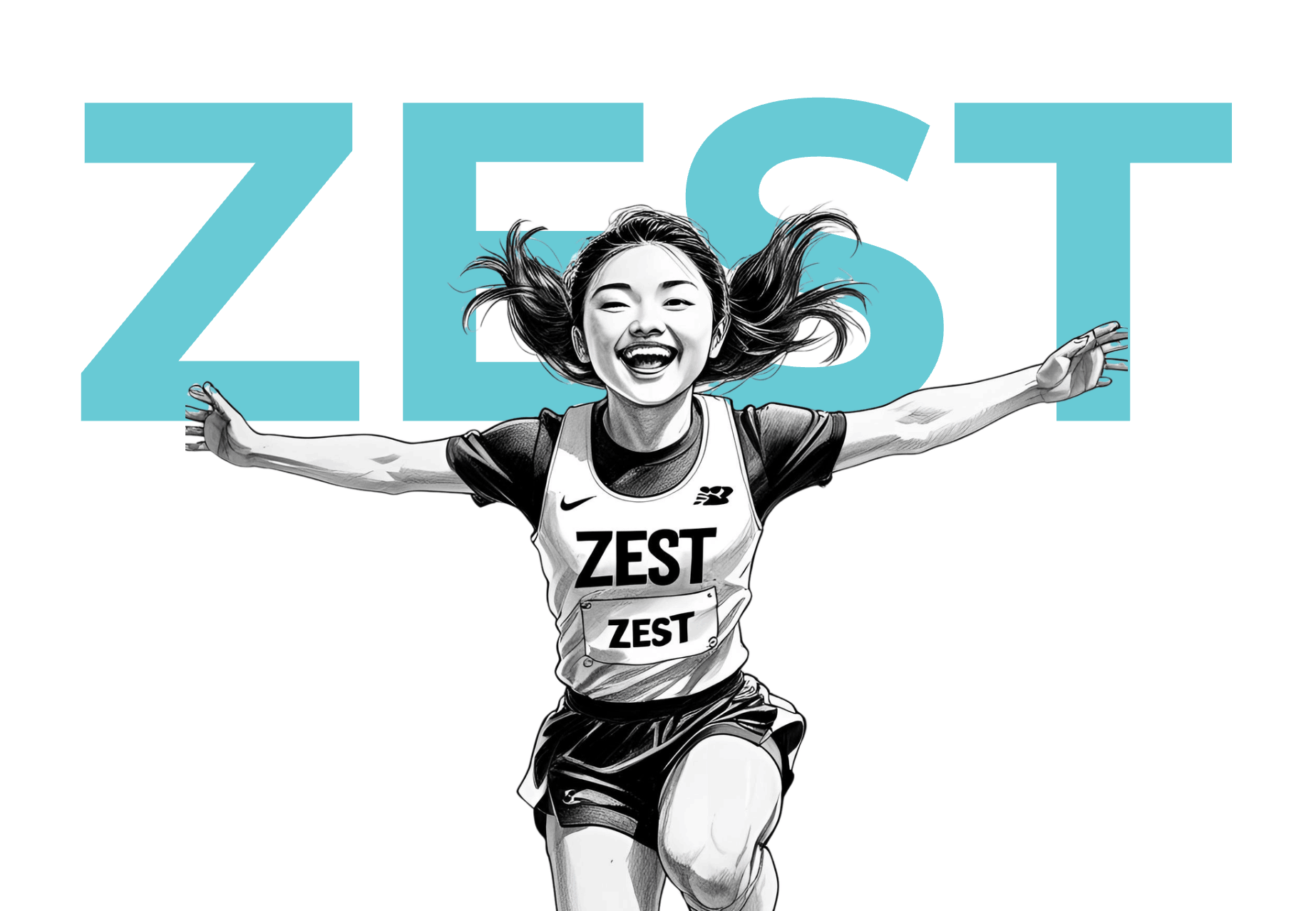
ELITE ATHLETE | PERFORMANCE COACH | P.E. TEACHER
Elite performers transform strategy into execution to achieve their desired outcomes. In this blog, I’ll share personal insights about my journey toward earning that Great Britain jersey and my dreams of gold.
The Importance of Execution
Elite performance requires discipline and a strong determination to achieve one’s goals. When the end of the year approaches, many of us reflect on our New Year’s resolutions—some we achieve, and some we do not.
Goals are meaningless without execution. They are tested on cold winter mornings when motivation wanes, and they can be strengthened or diluted by others’ opinions. Ultimately, our goals can either break free or become firmly anchored in our mindset.
Often, our goals stem from a place of passion. However, not everyone starts with an instant desire. It can take time and patience to discover a passion for a subject, sport, or activity. There must always be a connection to the bigger picture during moments of indecision and ambiguity; this connection is essential for pushing yourself forward and achieving your desired outcomes.
Creating and Achieving Goals
Creating goals is easy; achieving them is challenging. In my experience, goals typically take longer to realize than I initially expect. My ambition drives me to push for more, a mindset that aligns with BISS Puxi's mission to help our students surpass their own expectations in both sports and academics.
The path to success is rarely smooth or linear. We all encounter challenges along the way. If things aren’t going well, it doesn’t mean you’re not an elite performer; it means it’s time to rise to the challenge. Sometimes, you simply have to grit your teeth and push through.
A Clearly Defined Purpose
I’ve always been single-minded about achieving my goals. However, there have been times when I had to dig deep into my determination to follow my plan. In those moments of testing, it’s crucial to remain connected to the bigger picture. Elite performers define a clear purpose in extraordinary detail, a skill I learned from a young age in the UK.
I was born and raised in Coventry, a city in the heart of the British Midlands, where my love for athletics began at the Coventry Godiva Harriers Athletic Club. I owe much to my coach, Wayne Morant, and the volunteers who nurtured my early journey. At 18, Coventry was my home, but I eventually realised I needed to train with a different group to progress.
Leaving was emotionally challenging, yet I felt a nagging desire to challenge myself further. While winning races is enjoyable, it’s crucial not to lose sight of personal progression.
My initial goal was to join the Senior Great Britain squad, which motivated me to take action. I wanted to improve by training with those better than myself, but this decision required careful consideration.
There were various training options available. I could join a specialist sprint group, becoming just one among many, or I could train with a diverse group of athletes, benefiting from a broader range of expertise. I chose the latter for its quality, as being one of the few sprinters would mean more focus on my development. This decision required me to uproot from Coventry and move to, at the time, our Queen’s town of Windsor.
Small Segments, Big Gains
Starting with big goals is grea. But turning strategy into execution involves breaking down these large challenges into manageable segments. Athletics provides a clear structure with core milestones like the Olympics, Commonwealth Games, World Championships, and European Championships.
From these core goals, I worked down to monthly, weekly, daily, and even skill-specific objectives. In sprinting, where a thousandth of a second can determine victory or defeat, every segment matters. Your journey may start with many alignmennts and as you path develops, all actions must align with your purpose and goals; nothing is insignificant if it connects to your ultimate aim. Small, consistent efforts can lead to significant results.
It’s also crucial not to look too far ahead. At the season's start, pundits often try to identify Olympic hopefuls, but elite athletes remind themselves to take "one race at a time." While this might seem cliché, it’s vital for maintaining focus.
The Science of Goal-Setting
Research shows that setting specific and challenging goals leads to higher performance than vague or easy ones. A study by Edwin Locke and Gary Latham (2002) found that clear goals enhance motivation and performance by providing direction and increasing persistence. For example, athletes who set specific targets—like improving their sprint time by a certain percentage—are more likely to succeed than those with general goals like "doing my best."
In addition, I believe that setting goals in a training group environment can be highly effective. Keeping these goals at the forefront of your mind is important. As noted above, “doing your best” can serve as a narrative for boosting emotions,in competition, but it can also lead to ambiguity in performance expectations. Clear, specific goals provide a concrete framework that fosters accountability and progress, ultimately guiding athletes toward their desired outcomes.
Role Models and Influencers
Role models play a significant role and can come in various forms. Some are close to you, while others seem like distant icons. My dad and I enjoyed watching boxing, sharing the competitive spirit of legends like Marvin Hagler and Tommy Hearns. As a parent, I recognise the immense influence we have on our children, both positively and negatively. Spending quality time together can ignite a passion for sport.
In my formative years, athletes like Linford Christie, Carl Lewis and Muhammad Ali inspired me. Linford acheieved success in the same country as I was born, this gave me referance that can be done from the UK, as a Team GB athlete. Lewis’s effortless running was mesmerising, while Ali’s charisma and strength left a lasting impression. Both exemplified determination and excellence.
Action Points:
- Define Clear Goals: Write down your specific, measurable goals and set deadlines for achieving them.
- Break Goals into Smaller Steps: Divide large goals into smaller, manageable tasks to make the process less overwhelming.
- Stay Connected to Your Purpose: Regularly reflect on why your goals matter, especially during challenging times.
- Seek Out Role Models: Identify individuals who inspire you and learn from their journeys.
- Embrace the Journey: Recognize that setbacks are part of the process. Use them as opportunities for growth.
By focusing on these actionable steps, you can turn your aspirations into achievable outcomes. Remember, persistence and a clear purpose are key to reaching your goals.
Conclusion: The Journey of Goal Achievement
In the pursuit of excellence, setting and achieving goals is not just about the destination; it’s about the journey you undertake along the way. Each step, each setback, and each moment of perseverance shapes who you are and how you grow.
As you navigate your own path, remember that clarity of purpose and consistent action are essential. Whether you’re an aspiring athlete, a student, or anyone with a dream, embracing the process will lead to meaningful achievements.
Surround yourself with supportive role models, break your goals into manageable segments, and always stay connected to your "why." With determination and the right mindset, you can turn aspirations into reality.
Let your journey inspire not only your own growth but also those around you. After all, if a young lad from Coventry can chase his dreams and find success, so can you!
The Importance of Execution
Elite performance requires discipline and a strong determination to achieve one’s goals. When the end of the year approaches, many of us reflect on our New Year’s resolutions—some we achieve, and some we do not.
Goals are meaningless without execution. They are tested on cold winter mornings when motivation wanes, and they can be strengthened or diluted by others’ opinions. Ultimately, our goals can either break free or become firmly anchored in our mindset.
Often, our goals stem from a place of passion. However, not everyone starts with an instant desire. It can take time and patience to discover a passion for a subject, sport, or activity. There must always be a connection to the bigger picture during moments of indecision and ambiguity; this connection is essential for pushing yourself forward and achieving your desired outcomes.
Creating and Achieving Goals
Creating goals is easy; achieving them is challenging. In my experience, goals typically take longer to realize than I initially expect. My ambition drives me to push for more, a mindset that aligns with BISS Puxi's mission to help our students surpass their own expectations in both sports and academics.
The path to success is rarely smooth or linear. We all encounter challenges along the way. If things aren’t going well, it doesn’t mean you’re not an elite performer; it means it’s time to rise to the challenge. Sometimes, you simply have to grit your teeth and push through.
A Clearly Defined Purpose
I’ve always been single-minded about achieving my goals. However, there have been times when I had to dig deep into my determination to follow my plan. In those moments of testing, it’s crucial to remain connected to the bigger picture. Elite performers define a clear purpose in extraordinary detail, a skill I learned from a young age in the UK.
I was born and raised in Coventry, a city in the heart of the British Midlands, where my love for athletics began at the Coventry Godiva Harriers Athletic Club. I owe much to my coach, Wayne Morant, and the volunteers who nurtured my early journey. At 18, Coventry was my home, but I eventually realised I needed to train with a different group to progress.
Leaving was emotionally challenging, yet I felt a nagging desire to challenge myself further. While winning races is enjoyable, it’s crucial not to lose sight of personal progression.
My initial goal was to join the Senior Great Britain squad, which motivated me to take action. I wanted to improve by training with those better than myself, but this decision required careful consideration.
There were various training options available. I could join a specialist sprint group, becoming just one among many, or I could train with a diverse group of athletes, benefiting from a broader range of expertise. I chose the latter for its quality, as being one of the few sprinters would mean more focus on my development. This decision required me to uproot from Coventry and move to, at the time, our Queen’s town of Windsor.
Small Segments, Big Gains
Starting with big goals is grea. But turning strategy into execution involves breaking down these large challenges into manageable segments. Athletics provides a clear structure with core milestones like the Olympics, Commonwealth Games, World Championships, and European Championships.
From these core goals, I worked down to monthly, weekly, daily, and even skill-specific objectives. In sprinting, where a thousandth of a second can determine victory or defeat, every segment matters. Your journey may start with many alignmennts and as you path develops, all actions must align with your purpose and goals; nothing is insignificant if it connects to your ultimate aim. Small, consistent efforts can lead to significant results.
It’s also crucial not to look too far ahead. At the season's start, pundits often try to identify Olympic hopefuls, but elite athletes remind themselves to take "one race at a time." While this might seem cliché, it’s vital for maintaining focus.
The Science of Goal-Setting
Research shows that setting specific and challenging goals leads to higher performance than vague or easy ones. A study by Edwin Locke and Gary Latham (2002) found that clear goals enhance motivation and performance by providing direction and increasing persistence. For example, athletes who set specific targets—like improving their sprint time by a certain percentage—are more likely to succeed than those with general goals like "doing my best."
In addition, I believe that setting goals in a training group environment can be highly effective. Keeping these goals at the forefront of your mind is important. As noted above, “doing your best” can serve as a narrative for boosting emotions,in competition, but it can also lead to ambiguity in performance expectations. Clear, specific goals provide a concrete framework that fosters accountability and progress, ultimately guiding athletes toward their desired outcomes.
Role Models and Influencers
Role models play a significant role and can come in various forms. Some are close to you, while others seem like distant icons. My dad and I enjoyed watching boxing, sharing the competitive spirit of legends like Marvin Hagler and Tommy Hearns. As a parent, I recognise the immense influence we have on our children, both positively and negatively. Spending quality time together can ignite a passion for sport.
In my formative years, athletes like Linford Christie, Carl Lewis and Muhammad Ali inspired me. Linford acheieved success in the same country as I was born, this gave me referance that can be done from the UK, as a Team GB athlete. Lewis’s effortless running was mesmerising, while Ali’s charisma and strength left a lasting impression. Both exemplified determination and excellence.
Action Points:
- Define Clear Goals: Write down your specific, measurable goals and set deadlines for achieving them.
- Break Goals into Smaller Steps: Divide large goals into smaller, manageable tasks to make the process less overwhelming.
- Stay Connected to Your Purpose: Regularly reflect on why your goals matter, especially during challenging times.
- Seek Out Role Models: Identify individuals who inspire you and learn from their journeys.
- Embrace the Journey: Recognize that setbacks are part of the process. Use them as opportunities for growth.
By focusing on these actionable steps, you can turn your aspirations into achievable outcomes. Remember, persistence and a clear purpose are key to reaching your goals.
Conclusion: The Journey of Goal Achievement
In the pursuit of excellence, setting and achieving goals is not just about the destination; it’s about the journey you undertake along the way. Each step, each setback, and each moment of perseverance shapes who you are and how you grow.
As you navigate your own path, remember that clarity of purpose and consistent action are essential. Whether you’re an aspiring athlete, a student, or anyone with a dream, embracing the process will lead to meaningful achievements.
Surround yourself with supportive role models, break your goals into manageable segments, and always stay connected to your "why." With determination and the right mindset, you can turn aspirations into reality.
Let your journey inspire not only your own growth but also those around you. After all, if a young lad from Coventry can chase his dreams and find success, so can you!








